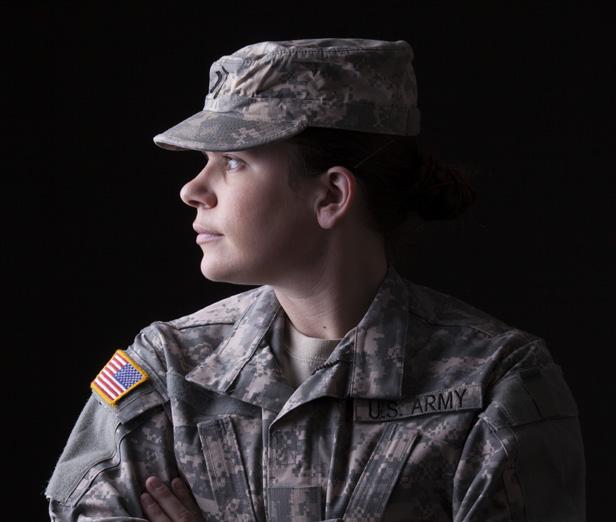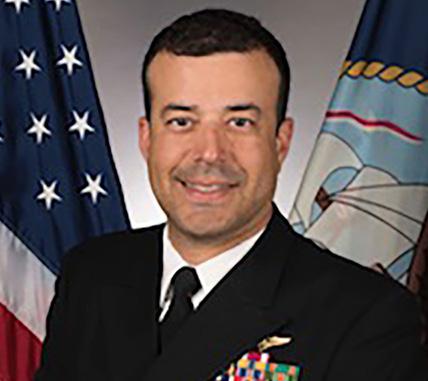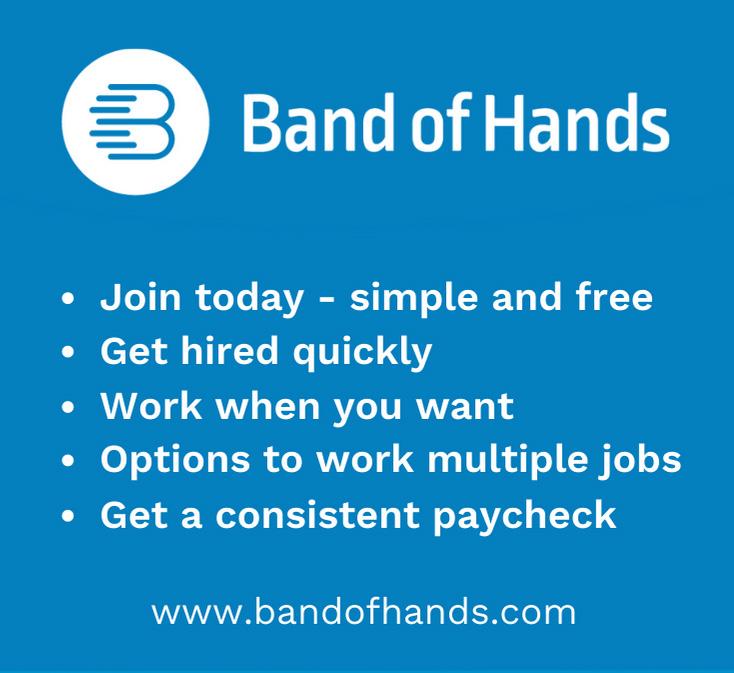
5 minute read
What’s Next: The Young Maverick
WHAT’S NEXT
Transition to Civilian Life
By Eve Nasby & Kristin Hennessy

The Young Maverick
He was 9 years old sitting in a New York city movie theater with his Dad watching what is arguably one of the greatest movies of all time, “Top Gun”. As the theme song played out its last stanza and the credits rolled up the screen, he thoughtfully placed his empty popcorn bowl aside and turned to his Dad and said, “THAT’s what I want to do. “ His Dad responded, “You’re a kid from Brooklyn. Is that what you really want to do?”
Working backwards works
Jeremy took the lessons learned from his Dad’s conversation and his subsequent entry into the Academy and made it a life pattern, including his transition out of the military. Begin with the end in mind.
Wisely, on the drive home his Dad continued the conversation and laid out a plan and a path for him to achieve his starry-eyed goal. “So, you want to be an aviator? Great! You may want to consider going into the Naval Academy. That means as of today you need to be thinking about being a good community leader and getting good grades. Do you really want to do that between now and your 18th Birthday?” Jeremy, though he is gainfully employed at a large company helping veterans, feels that he is still in transition. He notes, “I’m still developing my postmilitary life. My family is still adjusting to me coming home at night. I’m lucky that I’ve found my purpose through my company, helping veterans but I do miss my sense of purpose that I had in the military. “
What made the difference for you?
“I began my transition interviewing 2-3 months before I actually separated. I joined veteran transition programs that had connections to companies that I wanted to work with. “ www.bandofhands.com

Jeremy literally took business classes just to learn the language of business so he could effectively communicate within this new culture called, the “Civilian Workplace”. He learned to stop speaking in acronyms, and began using the word “I” versus “we”. He notes that veterans lose their sense of self and need to learn to speak in the “I”.
One of the programs that helped him the most was the Deloitte Core Leadership Program. The Program participants access Deloitte’s award-winning leadership development curriculum, and learn how to identify their unique edge and make a career choice based on their personal passions. Specifically, the CORE Leadership Program helps veterans and armed forces members:
1. Define their personal brand, identify their strengths, and be able tell their own story. 2. Learn innovative networking strategies and communication techniques, which include best practices in using social media, through personalized and repetitive employment simulations.

3. Interact and network, from the start of the program, with Deloitte leaders as well as professionals from the public and private sectors. 4. Gain access to other alumni of the CORE Leadership Program.
This program helped Jeremy realize the value of what he did and was exposed to in the military. It also made him more competitive in his interviews.
Pulling out of a Flat Spin
Every military family has stress. When you are in transition that stress increases 10 fold. The fear of the unknown can reign over every thought. Where will we live? What will our finances look like? Schools for the kids? Benefits? The list goes on. Add to that having a beautiful new baby born weighing 1 lb 11 ounces with a disability that commands more time and focus than most can understand. Jeremy and his wife were blessed to have the support of their Navy and natural family to help them and this is what he suggests every transitioning individual should pursue. A community.
Zero 800
Where can you find a community that truly understands the 360 degree stress of transition? If you are in San Diego, Jeremy recommends www.Zero8hundred.org If you are a year out or a year into your post military career, Zero800 is for you. Anyone related to the military regardless of our discharge status can find assistance with food security, housing, work and much more.
He also recommends the San Diego Workforce Partnership.
You are able to receive great training for a new career. He cites the example of “Coding Boot Camp”. Many transitioning people do not want to ‘do’ the same thing that they ‘did’ in the military. For instance, a Corpsman wants to join a tech company. Tech companies don’t hire EMT’s. He suggests that you think about a degree program or a coding boot camp. San Diego Workforce Partnership offers direct financial support for these programs. It’s a great opportunity to spread your wings and learn and try new things.

Another great nationally recognized resources that he heralds is BrakeLine, an organization that “prepares top performers for careers in tech.
BreakLine provides education and coaching for exceptional, high-performing veterans who are interested in pivoting into the tech industry. They host a virtual month-long program designed to help you successfully land a role in tech and build your professional network.
A new cohort kicks off every week. During the program, you will attend 4 – 6 hours of programming a week alongside a cohort of peers. Sessions include hands-on workshops, in-depth discussions with industry leaders, and an inside look at top tech companies.
Do over?
Jeremy goes on to say that his biggest regret is not saving more money. He would have been in a better position to get a job out of the military and it would have afforded him more time to take off with his family in between his transition.
Jeremy did not make it to Top Gun to train as an F-14 pilot, but he did fly helicopters and jet trainers. At 9 years old he had a goal in mind and worked backwards from there. What’s your goal? Need help defining it? Reach out to Jeremy who volunteers a few hours a week outside of his “day job” as the Military Program Manager for Amazon’s Workforce Staffing to help those in transition as well as spouses of those in the military define their path.
WHATS NEXT
Transition to Civilian Life For more information or help transitioning, contact Eve Nasby at eve@bandofhands.com, or call 619-244-3000









